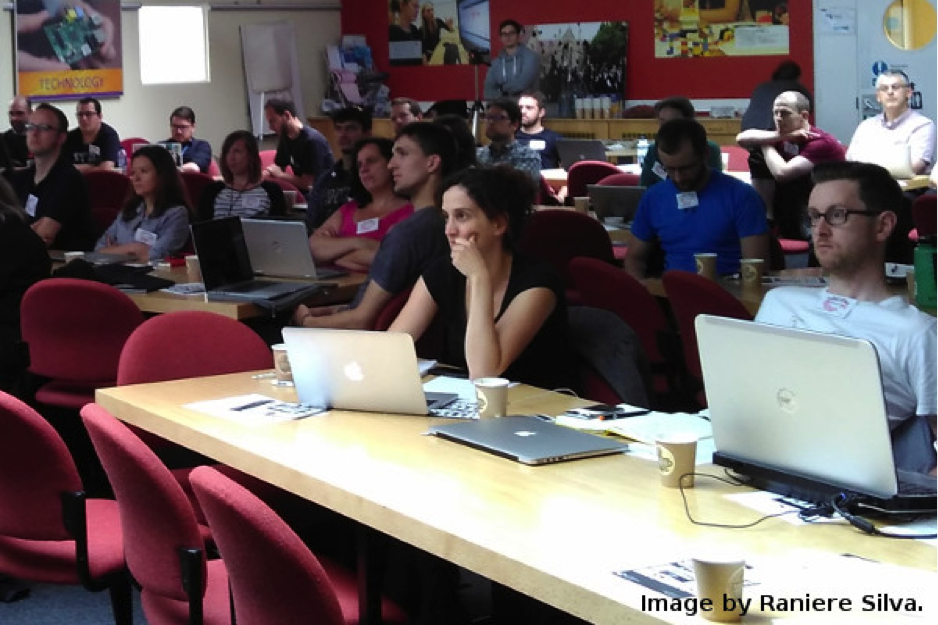
Olivia Guest
SSI fellow
Radboud University
Interests
For my postdoctoral work I am investigating the role of labels in categorisation, e.g., does labelling animals as “dogs” help children detect their commonalities? My interests are interdisciplinary, combining psychology, computer science, and neuroscience. I create computational models as a way of evaluating, instantiating, developing, and refining cognitive theories.
Research
Cognitive modelling aims to understand the nature of and relationship between the computational (the what), the algorithmic (the how), and the implementational (the physical substrate) levels. Framing questions about cognition using models leads to theory-testing and predictions/explanations. For these reasons, computational modelling plays a vital role in cognitive science.
My focus is on modelling how infants categorise. Specifically looking at the effect labels (i.e., words to denote category membership, e.g., “dog”) have on babies’ performance. Infants and adults can categorise stimuli often effortlessly using perceptual information and linguistic labels as input. For example, an infant can learn that the label “dog” denotes animals with fur, that bark, fetch sticks, have four legs, etc., by exposure to various types of dog. Thus they generalise “dog” to every animal that is a dog, but not to cats. Babies learn that certain labels apply to certain classes of things but not others. However, there are outstanding research questions as to what sorts of roles these labels play. Do labels change from being seen as just another feature to having the ability to control categorisation in a top-down manner? These questions cannot be answered without the use of modelling because the learning mechanisms that are possible given known inputs and outputs are computational.
Cognitive computational modelling inherently requires replication. Unfortunately, some cognitive models are underspecified and thus difficult to reproduce. Direct replication is a necessary prerequisite to investigating or augmenting a model because often neither its implementation nor an unambiguous specification is available. (Re)implementing cognitive models allows for evaluation of their overarching accounts, for testing of the theories they instantiate, and for qualifying their specifications. The repercussions of under-specification, given how widespread this problem appears to be within cognitive modelling, are great if unaddressed, i.e., a replication “crisis”.
ORCID: 0000-0002-1891-0972
Fields of expertise: Cognitive Science, Artificial Intelligence
Online presence
Check out contributions by and mentions of Olivia Guest on www.software.ac.uk
Read posts on this website by Olivia

Open Data Science Conference UK 2016
Read more

Research Data Visualisation Workshop Report
Read more
